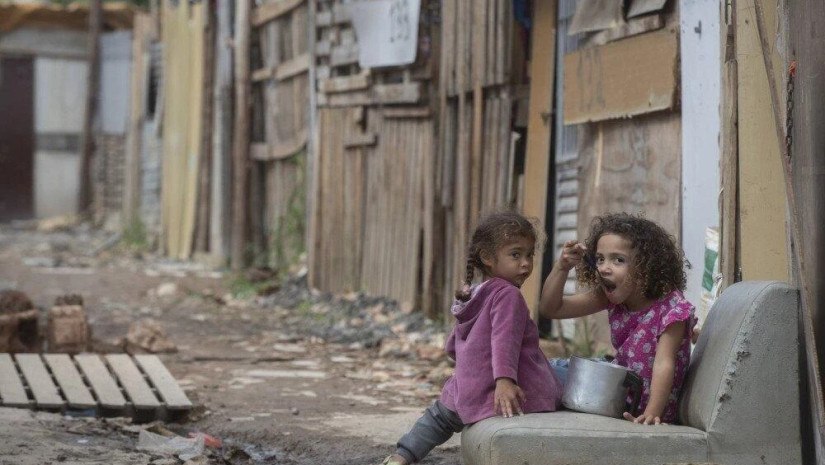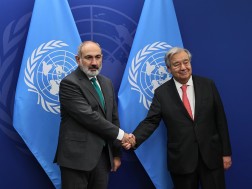Over half a billion people have been pushed into poverty by the ongoing COVID-19 pandemic in the worst economic catastrophe since the Great Depression, reports by the World Health Organization (WHO) and the World Bank said Sunday.
The findings are contained in two reports published on Universal Health Coverage Day, which illustrate the disastrous impact of COVID-19 on people's capacity to get and pay for health care.
The pandemic is likely to halt two decades of global progress toward universal health coverage, triggering declining immunizations and increased tuberculosis and malaria deaths, the global health body said.
The new evidence compiled with the World Bank reveals that more than half a billion people are being pushed into extreme poverty because they must pay for health services out of their own pockets, the WHO raised alarm.
"The pandemic also triggered the worst economic crisis since the 1930s, making it increasingly difficult for people to pay for care," said the WHO.
"All governments must immediately resume and accelerate efforts to ensure every one of their citizens can access health services without fear of the financial consequences," said WHO Director-General Tedros Ghebreyesus.
"This means strengthening public spending on health and social support and increasing their focus on primary healthcare systems that can provide essential care close to home."
Tedros said before the pandemic, many countries made progress, but the world needs to build health systems strong enough to withstand shocks, such as the next pandemic, and move to universal health coverage.
In 2020, COVID-19 disrupted health services and stretched countries' health systems beyond their limits as they struggled to deal with the pandemic's impact.
As a result, immunization coverage dropped for the first time in 10 years, and deaths from tuberculosis and malaria increased.
Worst yet to come, reports warn
The new WHO and World Bank reports warn that financial hardship is likely to become more intense as poverty rises, incomes fall, and governments face tighter fiscal constraints.
"Even before the COVID-19 pandemic struck, almost 1 billion people were spending more than 10% of their household budget on health," said Juan Pablo Uribe, World Bank's health, nutrition and population director.
"This is not acceptable, especially since the poorest people are hit hardest. Within a constrained fiscal space, governments will have to make tough choices to protect and increase health budgets," he said.
Many governments made progress on service coverage throughout the first two decades of the 21st century, the WHO said, adding that before the pandemic, essential health services covered 68% of the world's population in 2019.
Services included pre- and post-natal care and reproductive health services, immunization services, treatment for diseases like HIV, tuberculosis, and malaria, and services to diagnose and treat noncommunicable diseases like cancer, heart disease, and diabetes.
But the reports note they have not made such advances in ensuring affordability.
"Up to 90% of all households incurring impoverishing out-of-pocket health spending are already at or below the poverty line," said the WHO, underscoring the need to exempt poor people from out-of-pocket health spending.
















